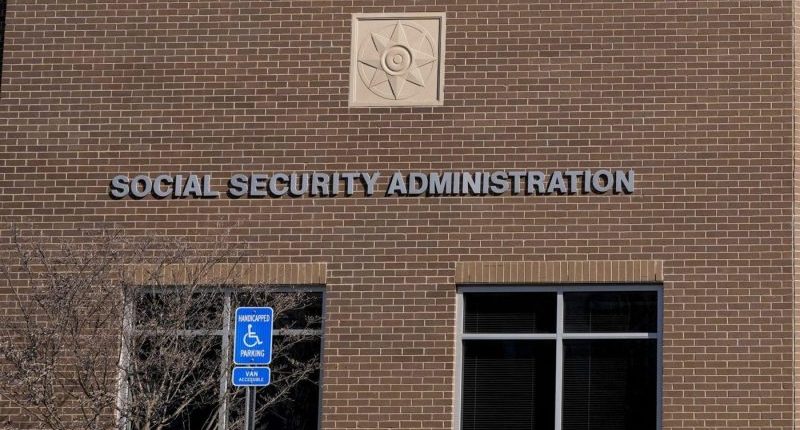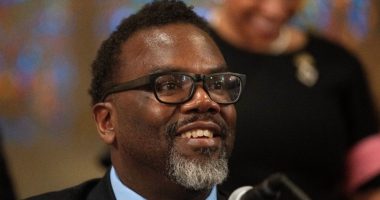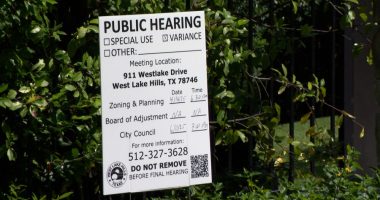Share this @internewscast.com

(The Hill) More older Americans are not confident Social Security will be there for them, a new poll has found.
Close to 30% of respondents to an Associated Press-NORC Center for Public Affairs Research poll aged 60 and older said they are not confident about the availability of Social Security benefits when needed. A poll from 2023 found that close to 20% of respondents in the same age category said the same about Social Security benefits, illustrating an increase in concerns about availability.
Overall, 52% in the poll said that they are “not very” or “not at all” confident when it comes to Social Security benefits’ accessibility when they “need them.”
Earlier this week, the Senate voted to confirm Wall Street veteran Frank Bisignano to head up the Social Security Administration despite intense opposition from Democrats.
Bisignano’s nomination resulted in heavy pushback from Democrats in the wake of tech billionaire Elon Musk, the Department of Government Efficiency and other top Trump administration officials calling for the shrinking of the SSA’s workforce by 7,000 positions and closing down dozens of offices nationwide.
“This is putting a fox in the hen house. Bisignano is slash and burn. And the Republicans don’t want to say directly that they want to kill Social Security, so they strangle it. There is no better strangler of any program than slash-and-burn Bisignano,” Senate Minority Leader Chuck Schumer, D-N.Y., said in the wake of the confirmation.
According to the AP-NORC poll, the majority of Americans, 61%, say they do not back President Donald Trump’s handling of the economy. Thirty-seven percent said they supported his approach.
These sentiments come during a period of increased anxiety and concern about the economy in the U.S.
In the first few months of his second term, Trump’s tariff policy has rattled markets worldwide and strained relationships with longtime allies like Canada and the European Union.
The AP-NORC poll was conducted from April 17 to 21, featuring 1,260 people and a margin of sampling error of plus or minus 3.9 percentage points.

















